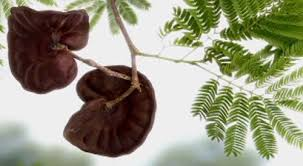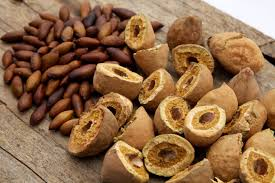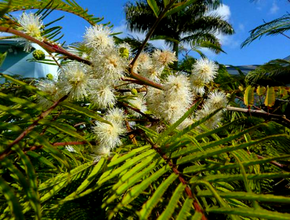A sustainable innovation that could transform environmental restoration: Researchers from the Federal University of Jataí (UFJ) in Goiás and Rondonópolis (UFR) in Mato Grosso discovered that the use of biodegradable capsules significantly increases the germination rates of Cerrado trees, such as Baru, Anglo, and tambourine. The study, published in the journal Ciência Rural, offers a promising solution for programs to restore degraded areas.
The baru, the Anglo-Branco, and the tambourine are species with cultural, food, and ecological importance for the Cerrado. The Baru, for example, produces an oilseed rich in nutrients, known as the baru nut, while the anglo-Branco and the tambourine are used in therapeutic preparations. These benefits make developing strategies for the restoration of these trees essential for the preservation of the biome.
After four months of experimentation in a greenhouse at the Centro Universitário de Mineiros in Goiânia, the researchers evaluated the efficiency of the biodegradable capsules compared to direct sowing.
The capsule, made of recycled cardboard, protects the seeds against herbivores and helps to retain moisture, creating a favorable microclimate. The capsule's efficiency was evident in the germination rates: for the baru, the rate was close to 100% when planted with the protection, in contrast to only 15% with direct sowing.

Similar results were observed for the anglo-branco, with a rate of 42% compared to 21% without the capsule, and for the tamborim, which had a rate of 12% with the protection, while direct seeding was only 8%.
The capsule, developed from cardboard from egg boxes, appears as a sustainable and low-cost alternative, explains Karine Lopes, PhD in Geography from UFJ and one of the study's authors. "This innovation has the potential to influence public conservation policies and expand scientific knowledge about ecological restoration," says Lopes.

The study also integrates drone technology to monitor environmental recovery, representing a cutting-edge solution for ecological restoration. According to Lopes, using capsules in hard-to-reach areas, combined with aerial monitoring, can facilitate the environmental recovery of large and remote areas, making the process more efficient.
The following research steps involve testing the growth and survival of newly germinated plants in the field and conducting a detailed analysis of the technology's costs.
The team also intends to adapt the method to different environmental conditions, which can further expand the use of biodegradable capsules to preserve the Cerrado and other Brazilian biomes.
References:




댓글